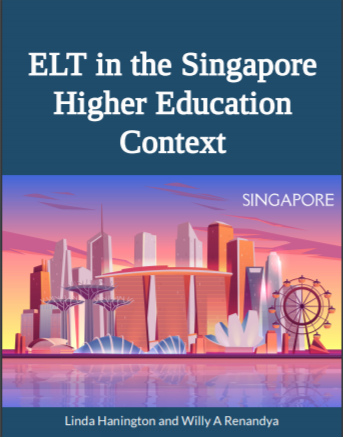Abstract
Singapore’s language policy instituted after the country gained independence in 1965 has resulted in a student population educated in the medium of English. Indeed currently the most widely taken examinations at the end of secondary schooling are the Singapore-Cambridge General Certificate of Education Ordinary Level (GCE O Level) set by the University of Cambridge Local Examinations Syndicate (UCLES). Nevertheless, as in other countries, there is a need to support learners as they take on the challenges of communication in higher education contexts and in their later careers. There is also a concern that, some students may not have acquired the basic level of proficiency required for effective communication these two contexts.
This chapter first sets out the language policy that impacts education. It then outlines university policy relating to entry language requirements. Next the language support provision typically offered to students in universities in Singapore is explored. Broadly such programmes are tailored to students’ needs related to their current academic setting and their needs related to prospective careers. This general picture will be followed by an examination of such provision in an institution of one university where teachers who are subsequently deployed in Singapore state schools are educated. It considers the ways in which this provision has been adapted to increase relevance to the participants’ context by strengthening links between course content and future practice and by integrating key aspects of 21st century learning into programmes. It further outlines the challenges faced by programme developers, such as the need to cater to a very diverse student population both in terms of the subjects the participants will later teach and differences in their backgrounds and experience. The chapter highlights the benefits of the approaches adopted on programmes and possible shortfalls in provision.
To view or download the ebook version, click here.


